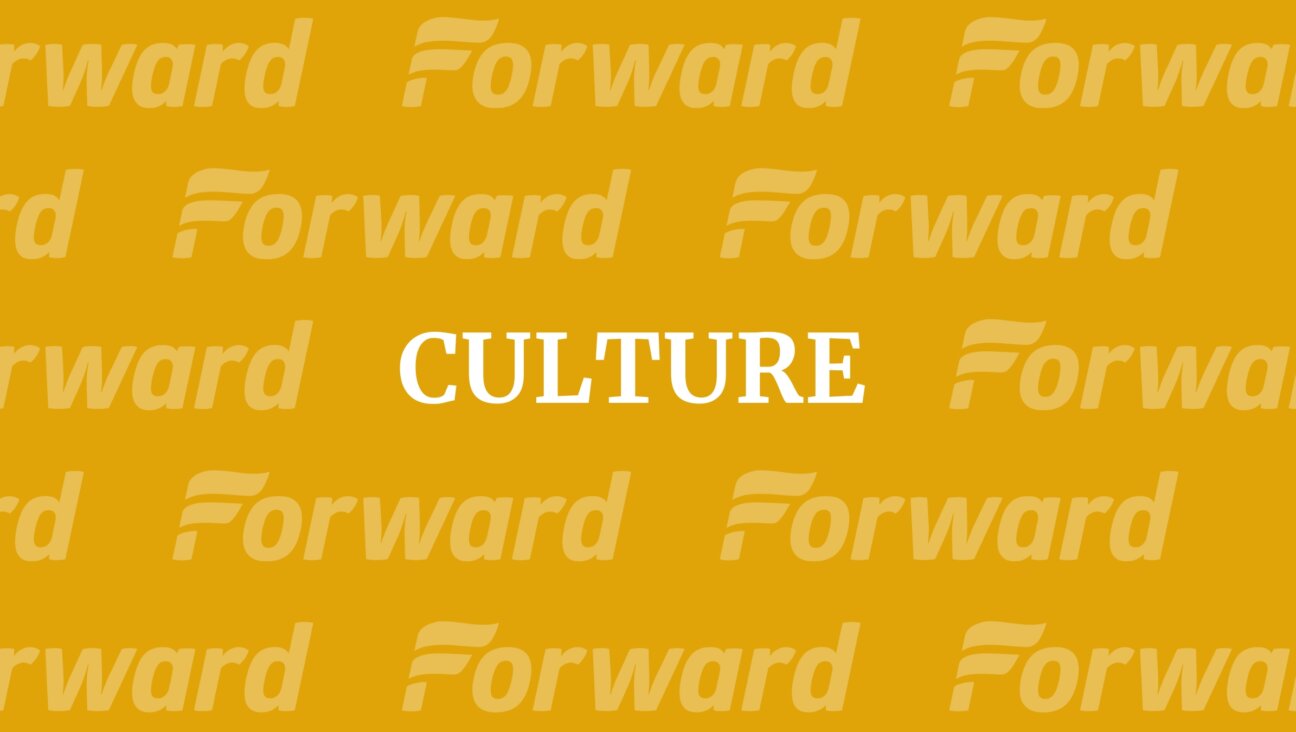Why Michael Cera Should Direct More Movies
This is the way the story goes in the alternate timeline: “Paper Heart” (2009), the arch and quirky romantic comedy written by and starring Charlene Yi, became the next “Juno” (2007) and earned all the money at the box office. Audiences burst in anticipation for “Youth in Revolt” (2009) and swooned over its male lead’s…























